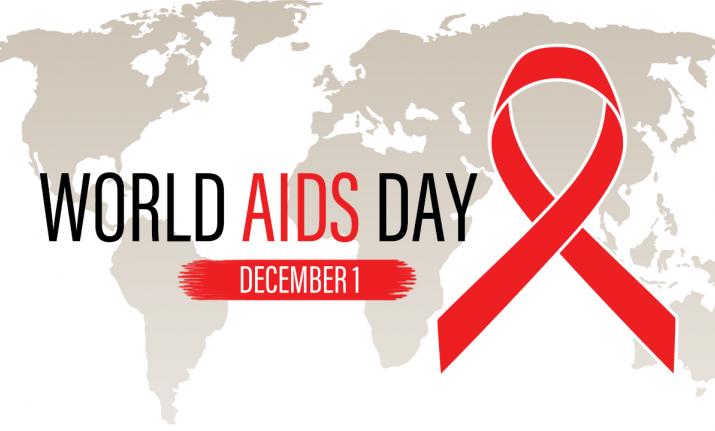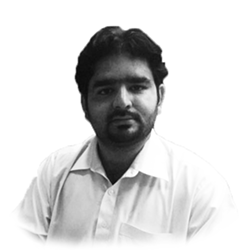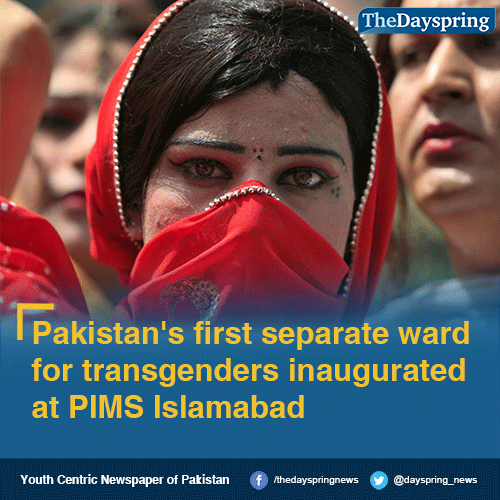By Asim Nawaz Abbasi
ISLAMABAD: Pakistan with 0.150 million people with HIV positive marked World AIDS day with new commitments and vows. Minister for National Health Services Regulation and Coordination Aamir Mehmood Kiyani addressing a huge gathering in Islamabad said that the government is working on a strategy to remove barriers and challenges in protecting people from HIV/AIDS. The event was jointly organised by Ministry of National Health Services, World Health Organisation (WHO) and UNAIDS.
Kiyani said that the current government is making every effort to protect people from carrying HIV /AIDS. He said that though PTI led government has come into power 100 days ago but we have established 12 new HIV/AIDS centres while overall 33 centres have been working throughout the country.
Minister emphasized on public awareness on HIV/AIDS testing, prevention and treatment. He said that the government was striving to advocate for more concerted action to prevent HIV/AIDS and provide those who were living with HIV the lifesaving treatment they need in a manner that respects both human rights and their dignity.
National AIDS Control Programme (NACP) National Programme Manager Dr Baseer Khan Achkzai said that nearly 150,000 people were living with HIV in Pakistan, out of which 25,000 people were registered with NACP while a large number of patients were receiving treatment from NACP centres.
He said that presently HIV/AIDS treatment centres were working efficiently across the country besides prevention the parent to child transmission centres for pregnant women. He added there was an effective awareness programme on the issue.
Dr Baseer said that HIV testing was essential for expanding treatment and ensuring that all people living with HIV could lead healthy and productive lives. He said that it was also crucial to achieving the targets and empowering people to make choice about HIV prevention so they could protect themselves and their loved ones.
He said that renewed commitment to sustain funding and scaled-up implementation of HIV prevention programme was mandatory to end the HIV epidemic as a public health threat. He added systematic and well-managed coordination was also critical to rapid progress.
He said that communities, policymakers, providers and partners must work together to achieve a reduction in new infections in the affected population. He said that new HIV infections cannot be stopped without adopting combination prevention approaches.
He further said that this year, the NACP in collaboration with UNAIDS and partners has prioritised engaging youth, media, parliamentarians and other stakeholders in the lead up to World AIDS Day.
He said that these activities aimed at destigmatising HIV testing, advocating for confidential, non-discriminatory, community-based care models and raising awareness about disease transmission, prevention and treatment.
He said that NACP was working to address structural and policy barriers to testing and quality care and ensuring that investments were made for the right people in the right place.
WHO Country Representative Dr Nima Saeed Abid stressed the need for having effective awareness about prevention aspect of the disease to protect the people from carrying the HIV.
He said that WHO has been focusing on HIV prevention and on case study as the test to know the status of HIV is very cheap and easy. “It is better for everyone to know the status as the majority of people in Pakistan do not know they have HIV as only 16 per cent know this,” he added.
He said that WHO was working on pre-qualification of testing kits of HIV and assured that these kits were high quality. He appealed countrymen to go voluntarily for a test of HIV.
UNAIDS Country Director for Pakistan and Afghanistan Dr Maria Elena Borromeo said that the UNAIDS has been working to facilitate and provide a platform among partners by adopting good practices of other countries to achieve results.
She said that observing December 1 as World AIDS Day is an opportunity to unite the world in the fight against HIV/AIDS and showing support to people living with HIV/AIDS. She appreciated the role of Pakistan for joining the global movement against HIV/AIDS.








